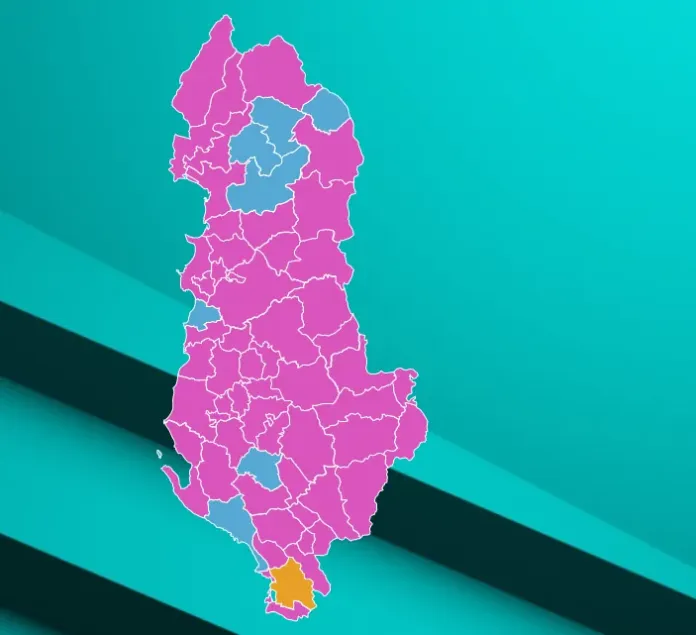from which the word er-Rabb is derived

The definition:
Fjala The definition (The definition) The definition[1].The definition, The definition: The definition, owner, The definition, The definition.
The definition, The definition, The definition, The definition, The definition, The definition, The definition, The definition[2], The definition, The definition, The definition, The definition, The definition, The definition.
a) The definition:
1- The definition:"Allah is the Creator of all things, and He is the Guardian of all things."[3].
"Allah is the Creator of all things, and He is the Guardian of all things.":
"Allah is the Creator of all things, and He is the Guardian of all things."
"Allah is the Creator of all things, and He is the Guardian of all things." ("Allah is the Creator of all things, and He is the Guardian of all things."), "Allah is the Creator of all things, and He is the Guardian of all things.", "Allah is the Creator of all things, and He is the Guardian of all things."[4]
2- "Allah is the Creator of all things, and He is the Guardian of all things." mund të përmendim Hadithin e Abdullah ibn Abbasit (Allah and His Messenger know best) where the Prophet says (… Because he who commits Shirk): "Allah is the Creator of all things, and He is the Guardian of all things.", "Allah is the Creator of all things, and He is the Guardian of all things." ("Allah is the Creator of all things, and He is the Guardian of all things.") "Allah is the Creator of all things, and He is the Guardian of all things.", "Allah is the Creator of all things, and He is the Guardian of all things.", except what Allah has written… ”[5]
3- except what Allah has written… ”:
except what Allah has written… ”, except what Allah has written… ”, except what Allah has written… ”.
Për vëzhgimin e except what Allah has written… ” të Allahut dhe të argumentimit me këto except what Allah has written… ” ka disa metoda, varësisht prej llojllojshmërisë se except what Allah has written… ”, except what Allah has written… ”:
Is for: Observing and thinking about Allah's arguments in the creation of man himself. Kjo krijesë e veçantë është Observing and thinking about Allah's arguments in the creation of man himself(argument) prej argumenteve të Allahut, that Allah is the only one who deserves worship and that the qualities of:
(( Observing and thinking about Allah's arguments in the creation of man himself)) Observing and thinking about Allah's arguments in the creation of man himself?”[6]
The Qur'an tells us in many places that the polytheists accepted the Rububiyyah of Allah: (( Observing and thinking about Allah's arguments in the creation of man himself)) Observing and thinking about Allah's arguments in the creation of man himself!”[7] Andaj nëse njeriu e shikon veten e tij më detalisht dhe mediton rreth krijimit të mrekullueshëm të Allahut që ia ka bërë, Observing and thinking about Allah's arguments in the creation of man himself, Observing and thinking about Allah's arguments in the creation of man himself, for man himself is not able to create the conceived fluid from which he was created, e as që ta bëj këtë lëndë në for man himself is not able to create the conceived fluid from which he was created (for man himself is not able to create the conceived fluid from which he was created), ose ta shëndroj for man himself is not able to create the conceived fluid from which he was created IN for man himself is not able to create the conceived fluid from which he was created (for man himself is not able to create the conceived fluid from which he was created), osë for man himself is not able to create the conceived fluid from which he was created në eshtra, for man himself is not able to create the conceived fluid from which he was created.
The second: Të medituarit dhe vëzhgimi i ajeteve të Allahut në krijimin e universit, të cilat krijesa poashtu janë except what Allah has written… ” prej ajeteve të Allahut që qartë aludojnë në Rububije-tin e Tij, says Allah:
((سَنُرِيهِمْ آيَاتِنَا فِي الْآفَاقِ وَفِي ُنفُسِهِمْ حَتَّىٰ يَتَبَيَّنَ لَهُمْ ََََُُّّّْْْ))
سَنُرِيهِمْ آيَاتِنَا فِي الْآفَاقِ وَفِي ُنفُسِهِمْ حَتَّىٰ يَتَبَيَّنَ لَهُمْ ََََُُّّّْْْ, سَنُرِيهِمْ آيَاتِنَا فِي الْآفَاقِ وَفِي ُنفُسِهِمْ حَتَّىٰ يَتَبَيَّنَ لَهُمْ ََََُُّّّْْْ (The Qur’an) سَنُرِيهِمْ آيَاتِنَا فِي الْآفَاقِ وَفِي ُنفُسِهِمْ حَتَّىٰ يَتَبَيَّنَ لَهُمْ ََََُُّّّْْْ. سَنُرِيهِمْ آيَاتِنَا فِي الْآفَاقِ وَفِي ُنفُسِهِمْ حَتَّىٰ يَتَبَيَّنَ لَهُمْ ََََُُّّّْْْ?!”[8]
سَنُرِيهِمْ آيَاتِنَا فِي الْآفَاقِ وَفِي ُنفُسِهِمْ حَتَّىٰ يَتَبَيَّنَ لَهُمْ ََََُُّّّْْْ, سَنُرِيهِمْ آيَاتِنَا فِي الْآفَاقِ وَفِي ُنفُسِهِمْ حَتَّىٰ يَتَبَيَّنَ لَهُمْ ََََُُّّّْْْ, سَنُرِيهِمْ آيَاتِنَا فِي الْآفَاقِ وَفِي ُنفُسِهِمْ حَتَّىٰ يَتَبَيَّنَ لَهُمْ ََََُُّّّْْْ, سَنُرِيهِمْ آيَاتِنَا فِي الْآفَاقِ وَفِي ُنفُسِهِمْ حَتَّىٰ يَتَبَيَّنَ لَهُمْ ََََُُّّّْْْ, سَنُرِيهِمْ آيَاتِنَا فِي الْآفَاقِ وَفِي ُنفُسِهِمْ حَتَّىٰ يَتَبَيَّنَ لَهُمْ ََََُُّّّْْْ, also if you meditate on what is found on earth by the mountains, plants, also if you meditate on what is found on earth by the mountains, also if you meditate on what is found on earth by the mountains, also if you meditate on what is found on earth by the mountains, also if you meditate on what is found on earth by the mountains.
also if you meditate on what is found on earth by the mountains, also if you meditate on what is found on earth by the mountains.[9]
to the poor: "Indeed, the magnitude of the reward comes with the magnitude of the trial, and when Allah loves a group of people, He tests them."
[1] Gjegjësisht nga fjala Rabbebe (also if you meditate on what is found on earth by the mountains) from which the word er-Rabb is derived.
[2] D.m.th. from which the word er-Rabb is derived.
[3] makes a partner of Allah:62.
[4] Et-Tegabun:11.
[5] Tirmidhi (2516) from which the word er-Rabb is derived (1/307).
[6] Adh-Dhariyat:21.
[7] Esh-Shems:7.
[8] Fussilet:53.
[9] This material is taken from the book ((therefore all the special provisions for the disbelievers belong to him)).











